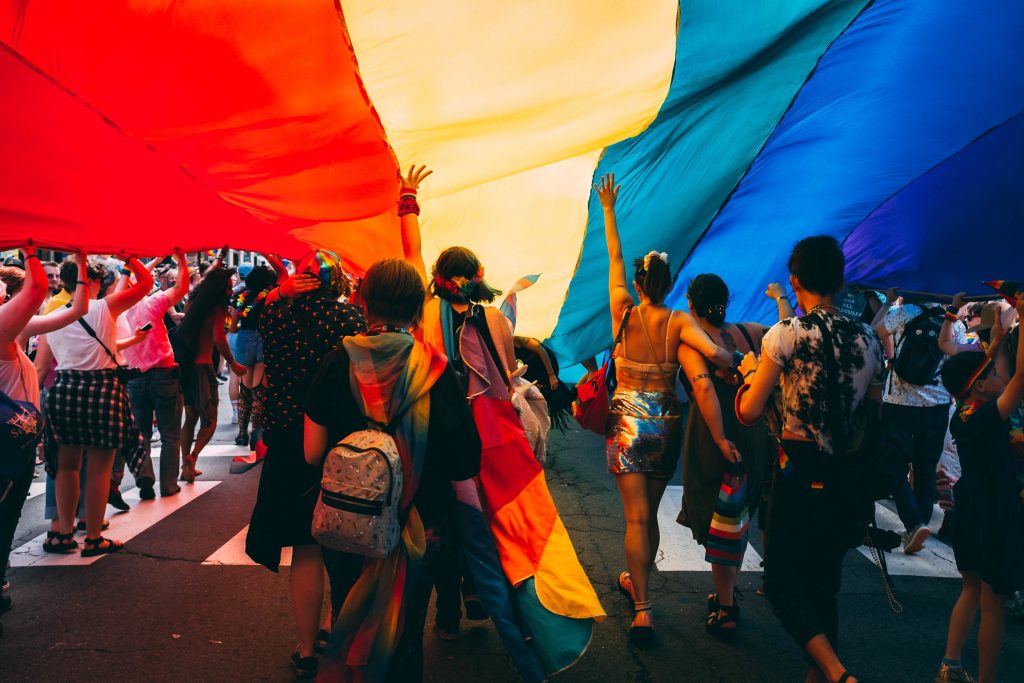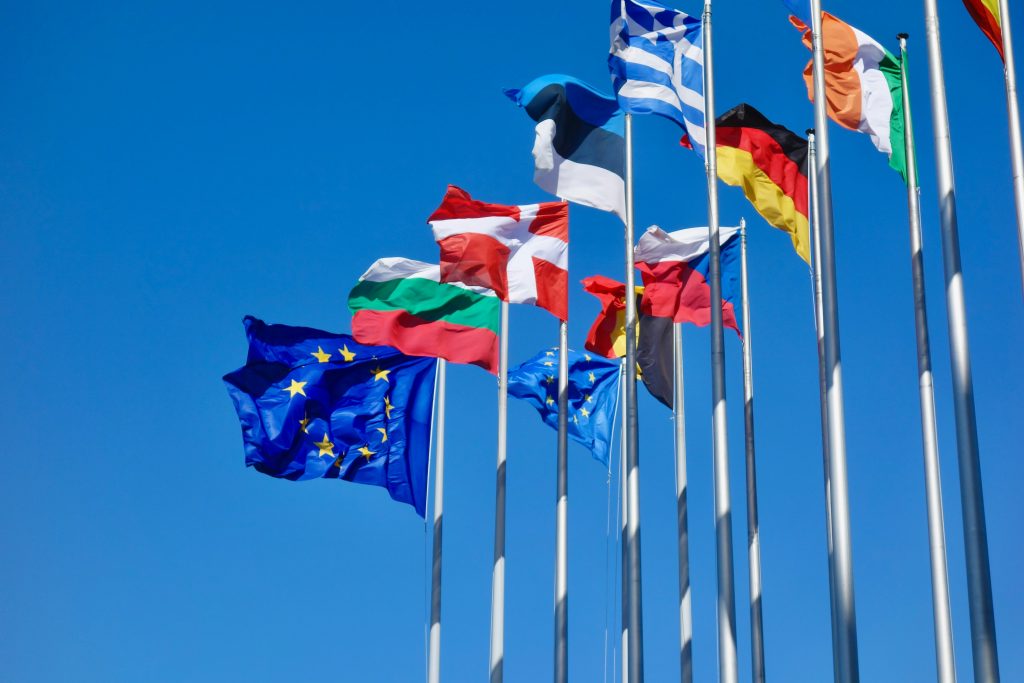In the recently published ILGA 2023 Rainbow Index Lithuania has dropped from 35th to 36th position in Europe in terms of LGBTI rights. The situation is currently worse in non-democratic Belarus, Russia and non-EU countries such as Turkey, Armenia and Azerbaijan.
The 2023 ILGA review of LGBTI rights in Europe and Central Asia highlighted the most problematic areas where LGBTI rights are still not adequately guaranteed in Lithuania. One such area is the rights of migrants and asylum seekers. It was mentioned that several LGBTI asylum seekers had gone on hunger strike due to poor accommodation conditions, lack of health care, negative attitudes and delays in asylum decisions.
Much criticism has been made of hate speech, including an incident in the parliament when a guest speaker spoke about the “homosexualisation of Lithuania”; the Prime Minister and some members of the parliament left the chamber in protest. The offences committed by MPs were highlighted, such as statements made by MP Petras Gražulis that LGBTI persons are “degenerates” and “spread diseases” (the latter has been the subject of an investigation), and incitement of hatred against LGBTI persons by the former MP candidate Pranciškus Valickas, as well as other cases of hate crimes against LGBTI persons. A rally organised by the Movement of Families, which openly spread hatred against the LGBTI community, was also noted, as well as the problems of detection and prosecution of hate speech and hate crimes.
By far the most inequalities are recorded in the area of legalisation of same-sex relationships. In 2022 there were several protests in favor of the legalisation of same-sex couples. The Partnership Bill which was rejected in 2021, no longer uses the term “same-sex partnership” and uses neutral partnership terms after the recent corrections. The new draft law is a compromise that minimally extends the rights of same-sex couples: civil partnerships would be registered with a notary rather than a civil registry and partners would not have the right to choose each other’s names. The bill deals with property, inheritance and obtaining information about a partner’s health, but makes no mention of children or adoption, and is therefore seen as discriminatory against same-sex couples. Despite this, the bill still continues to be delayed.
In 2022 there have been a number of important developments for LGBTI people in the health field: in spring, the homophobic clause in the blood donor questionnaire regarding male donors who have sex with the same sex partners was abolished. In August, the first transgender health protocol was published. However, it still pathologises transgender people. Transgender people are able to change their names without changing their documented gender. To do so, they must be diagnosed by a psychiatrist and meet the other requirements of being of legal age and unmarried.
The Human Rights Monitoring Institute’s survey on hate speech and euroscepticism shows that young people’s attitudes towards LGBT people have not changed significantly over the last ten years, with around half of respondents having a positive view of LGBT people. According to other surveys, around half of the Lithuanian population supports the legalisation of same-sex couples.
Read the full review: https://rainbow-europe.org/








